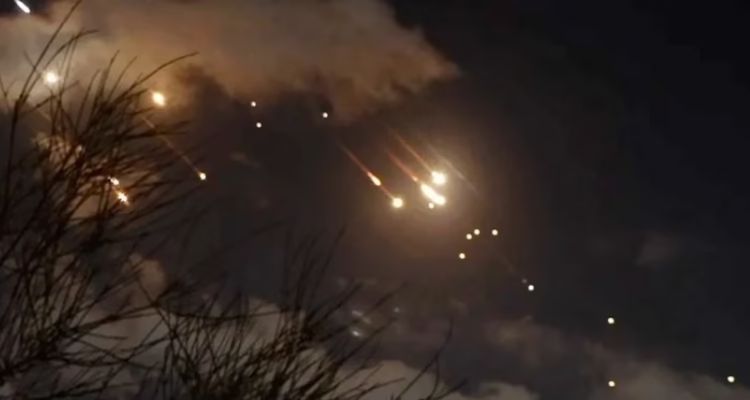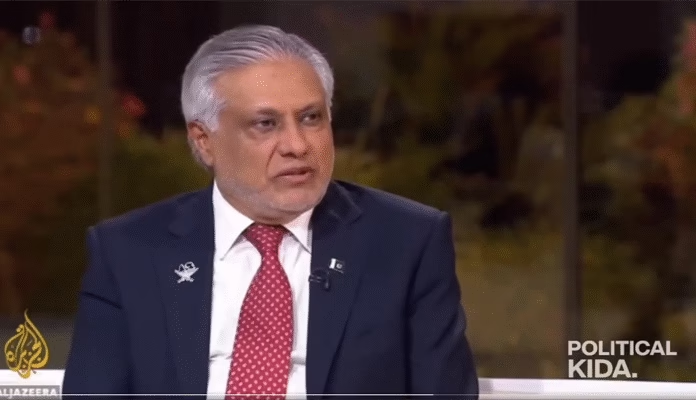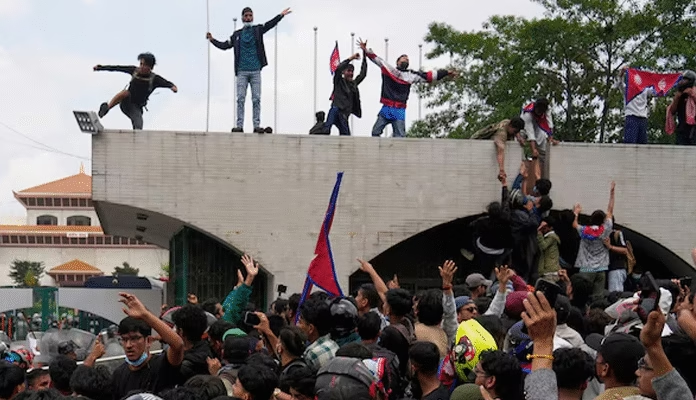
News Desk: Iran has formally cautioned the United States, United Kingdom and France that if they interfere with its retaliatory missile and drone strikes against Israel, their forces stationed in the region will be considered legitimate targets.
This announcement was transmitted through state-controlled Iranian media on Saturday and follows intensified hostilities between Israel and Iran following attacks linked to Iran’s nuclear dispute with Israel.
Western countries are now caught in a precarious position. US President Donald Trump has pledged support for Israel’s defence, and American defence officials have acknowledged the role of US forces in countering airborne threats directed toward Israeli territory.
France’s President Emmanuel Macron echoed a similar stance, confirming on Friday that France would aid Israel if Iran escalated.
Meanwhile, the British government has clarified that its forces have not been directly involved in any such support operations, with UK Prime Minister Keir Starmer highlighting the importance of restraint.
With Israeli airstrikes mounting pressure on Iranian-backed assets, Iran’s threats of direct retaliation are raising alarms in Western defense circles, risking the potential involvement of American and allied militaries in a wider regional conflict.
Speaking at the UN Security Council, US diplomat McCoy Pitt warned, “No government proxy or independent actor should target American citizens or infrastructure. The consequences for Iran would be dire.” The U.S. currently has 40,000–50,000 troops stationed across 19 strategic locations in the Middle East, with major bases in Qatar, Bahrain, Kuwait, UAE, and Saudi Arabia.
The UK and France also maintain critical military footholds in the Gulf. British bases in Cyprus, Bahrain, Oman, and the UAE support RAF and naval operations. France operates the IMFEAU base in Abu Dhabi, enhancing its maritime and aerial reach in the region.
Iran’s threat spectrum includes US military bases in Iraq, Gulf installations, and diplomatic missions. Tehran-backed militias remain active in Iraq, even as other proxy forces, including Hezbollah, operate with reduced visibility.
The U.S. has begun relocating personnel from high-risk zones. A fatal attack on American nationals could force Washington into military retaliation, particularly under Trump, who faces growing political pressure despite campaigning on a non-interventionist stance.
Should Iran’s initial strikes falter against Israel’s advanced air defenses, Gulf nations hosting Western assets — some of which have assisted Israel discreetly — may become the next targets. This could prompt an expanded air war involving the U.S. and allies.
Analysts believe Iran might adopt a prolonged strategy: launching intermittent drone and missile attacks to strain Israeli and Western defenses without provoking immediate escalation.
Meanwhile, economic risks, including rising oil prices and disrupted trade, loom over each retaliatory cycle, compounding the geopolitical volatility in the region.



